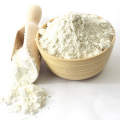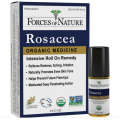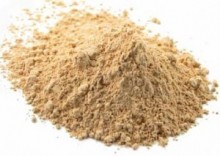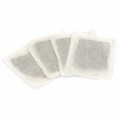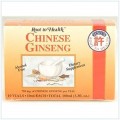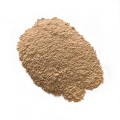 Loading... Please wait...
Loading... Please wait...- Home
- About Us
- Shipping, Returns & FAQ's
- Contact Us
-
For Your Information
- Canadian Customers Have a Choice if Shipping Via UPS
- Aura Cacia Homemade Aromatherapy Recipes
- Bella Nella Altered Art & Paper Crafts Blog
- Forms of Herbal Preparations
- Laundry Tips To Conserve Energy Blog from The Laundress
- The Story of Frontier Natural Products Co-Op
- Sovereign Silver Hydrosol and Aloe Protocol Stops Downward Spiral of Gut Dysbiosis
- Disclaimers
- Recommended Links
- RSS/Recent News
- The Story of Typhoon Housewares
- Reviews/Testimonials
- Raw Ingredients for Mfg
Maca Root "Amazon Ginseng" Bulk
Product Description
Maca is a plant that grows in central Peru in the high plateaus of the Andes mountains. It has been cultivated as a vegetable crop in Peru for at least 3000 years. Its root is used to make medicine.
Maca is used for “tired blood” (anemia); chronic fatigue syndrome (CFS); and enhancing energy, stamina, athletic performance, memory, and fertility. Women use maca for female hormone imbalance, menstrual problems, and symptoms of menopause. Maca is also used for weak bones (osteoporosis), depression, stomachcancer, leukemia, HIV/AIDS, tuberculosis, erectile dysfunction (ED), to arouse sexual desire, and to boost the immune system.
In foods, maca is eaten baked or roasted, prepared as a soup, and used for making a fermented drink called maca chicha.
In agriculture, it is used to increase fertility in livestock.
The nutritional value of dried maca root is high, similar to cereal grains such as rice and wheat. The average composition is 60-75% carbohydrates, 10-14% protein, 8.5% dietary fiber, and 2.2% fats. Maca is rich in the dietary minerals calcium and potassium (with low content of sodium), and contains the essential trace elements iron, iodine, copper, manganese, and zinc as well as fatty acids including linolenic acid, palmitic acid, and oleic acids, and 19 amino acids.
Maca additionally contains uridine, malic acid, and its benzoyl derivative, and the glucosinolates, glucotropaeolin and m-methoxyglucotropaeolin.
Further, maca contains selenium and magnesium, and includes polysaccharides. Maca's reported beneficial effects for sexual function could be due to its high concentration of proteins and vital nutrients.
Maca is possibly safe when taken in larger amounts as medicine (1.5-3 grams daily in 3 divided doses) for up to four months. Maca seems to be well tolerated by most people.
Special Precautions & Warnings:
Pregnancy and breast-feeding: Not enough is known about the use of maca during pregnancy and breast-feeding. Stay on the safe side and avoid use.
Hormone-sensitive conditions such as breast cancer, uterine cancer, ovarian cancer, endometriosis, or uterine fibroids: Extracts from maca might act like estrogen. If you have any condition that might be made worse by exposure to estrogen, do not use these extracts.
Also available, please inquire:
Maca 4:1 Powdered Extract (ERF521), Maca 5:1 Powdered Extract (ERF522), Maca 0.3% Standardized Powdered Extract (ERF519), Maca 0.6% Standardized Powdered Extract (ERF520)
Botanical Name: Lepidium meyenii
aka: Ayak Chichira, Ayuk Willku, Ginseng Andin, Ginseng Péruvien, Lepidium meyenii, Lepidium peruvianum, Maca Maca, Maca Péruvien, Maino, Maka, Peruvian Ginseng, Peruvian Maca.
Origin: Peru
Notes: Kosher Certified. Non-irradiated
Specifications are subject to change without notice.
* FDA disclaimer
References
wikipedia.com
webmd.com
You Recently Viewed...
Currency Converter
Choose a currency below to display product prices in the selected currency.




